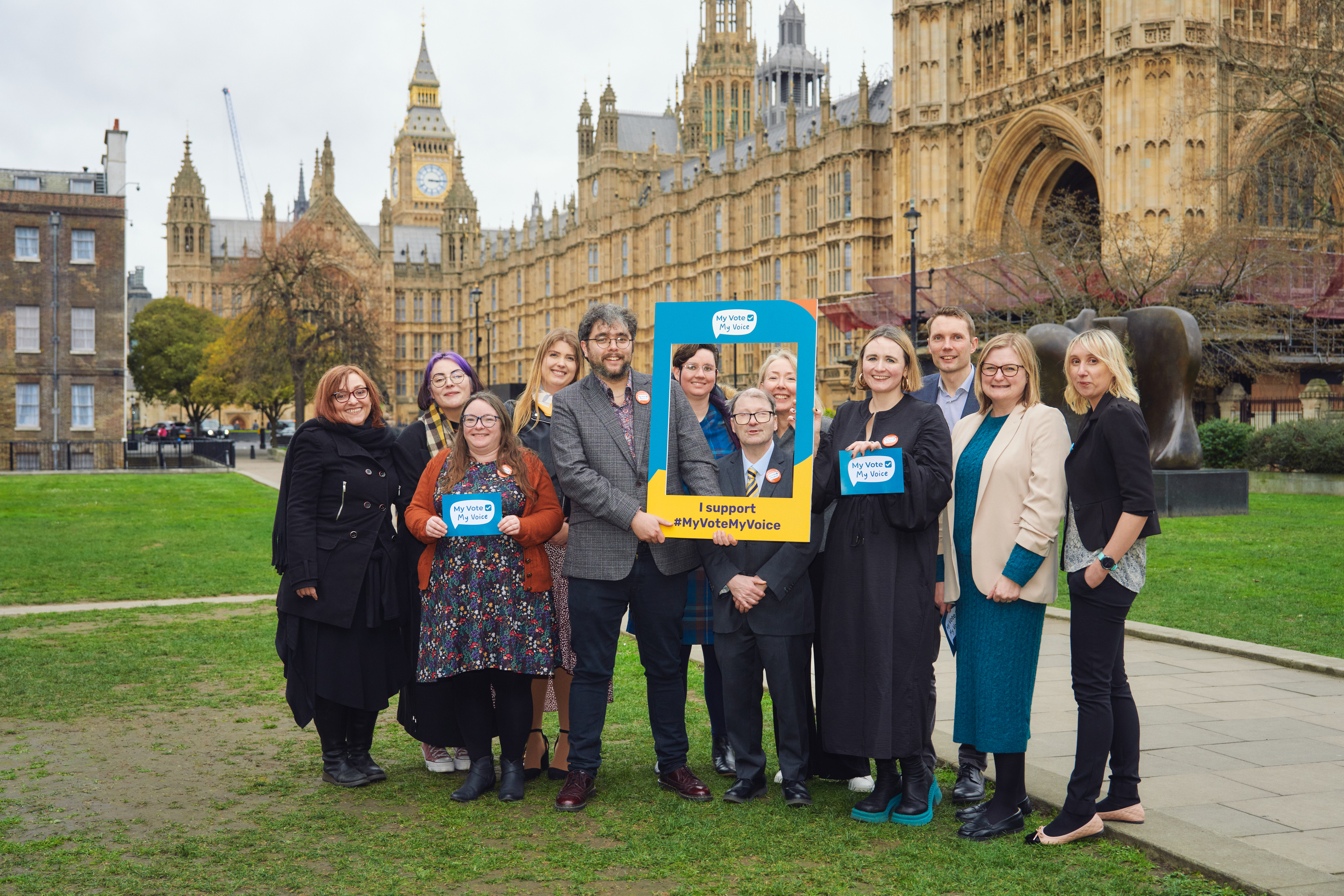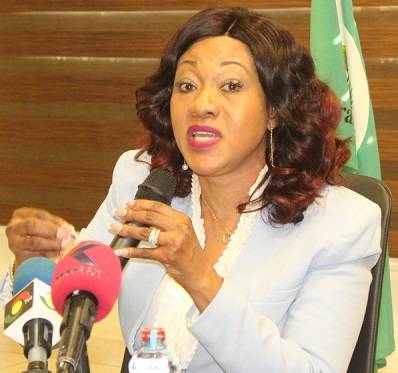The Electoral Commission’s report into the May 2023 local elections in England should be an alarm bell for ministers to wake up and support a system in need of reform before the forthcoming general election.
Voter ID has increased pressure on already stretched local authorities, allowing cracks in the system to widen. In fact, the report — which investigates the impact of voter ID on May’s local elections — indicates some local authorities did not even provide the minimum requirements for equipment and support needed for disabled voters.
Problems with physical access to polling stations, the impact of voter ID and a lack of information in accessible formats highlight systematic issues preventing people with disabilities from exercising their democratic right to vote.
And the Electoral Commission’s report isn’t the only research to raise concerns. The APPG on Democracy and the Constitution also released a report on the impact of photo ID earlier this month, which labels voter ID a “poisoned cure” by disenfranchising more electors than it protects.
Cap to control disproportionate legal costs in clinical negligence claims is important first step, says MDU

Anaesthetists support assisted dying
If Voter ID is a poisoned cure, then at least it can be an opportunity for a full health check on the democratic system. People with learning disabilities and autism have long been excluded from the world of politics, and maybe this can be the catalyst for positive change.
To help tackle these issues, United Response has joined forces with various charities including, Ambitious about Autism, Dimensions and Mencap, to deliver My Vote My Voice – a campaign to increase voter participation by the next general election.
Since the launch of the My Vote My Voice campaign in February, nearly a hundred organisations and over 15 parliamentarians have signed the Charter to make accessible voting a reality for autistic people and people with learning disabilities at the next general election.
Each unique experience speaks to a shared call for the need for better access to stop people being excluded, not just from casting their vote but politics as a whole.
There were warnings about a slow uptake of voter ID cards, the confusing rules on which ID people could use and a lack of accessible resources but voter ID’s introduction was justified by a claimed risk of voter fraud – for which there is scant evidence.

Photo by Emile Holba
Indeed, the local elections in May saw just two allegations of polling station personation, compared to 3 per cent of non-voters who said they did not vote because they did not have ID and 1 per cent who refused to vote because they did not agree with the requirement to show ID to vote at a polling station.
Worryingly the people most likely to not have valid ID such as driving licences and passports are the poorest people in our society, and those who require society’s help, not hindrance, to be involved in democracy.
The current situation points towards an urgent need for additional support and education to help people with learning disabilities and autistic people to navigate new voting requirements. As a society, we have a responsibility to ensure that every citizen has equal access to the voting process.
To address the issue of voter turnout, we must also acknowledge that lack of representation is part of the issue. According to the Disability Policy Foundation, just over 16 per cent of elected councillors identify as disabled and less than 2 per cent of current MPs are open about their disabilities.
Surely every political party wants the chance for people to vote for them, so why is there so little Easy Read material in communications from political parties – in a format helpful for people with learning disabilities to make informed decisions?
Furthermore, previous research indicates that just 40 per cent of the UK public are aware that disabled people have an equal right to vote. It is a fact that underlines the clear need for better disability training and data collection to ensure that by the general election no one is denied their right to vote.
To help improve voter turnout, the My Vote My Voice campaign is calling on all political parties to produce Easy Read manifestos (such as that provided by the Labour Party at the last election) so that people with learning disabilities have as much opportunity as the rest of the electorate to choose who to vote for.
Simply put, democracy must include disability.
Politics.co.uk is the UK’s leading digital-only political website, providing comprehensive coverage of UK politics. Subscribe to our daily newsletter here.





















Discussion about this post